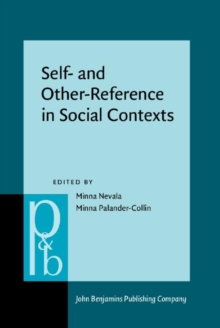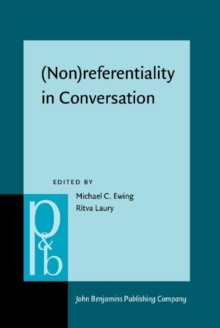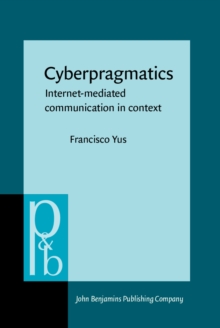
Computer-Mediated Communication : Linguistic, social, and cross-cultural perspectives PDF
Edited by Herring Susan C. Herring
Part of the Pragmatics & Beyond New Series series
Description
Text-based interaction among humans connected via computer networks, such as takes place via email and in synchronous modes such as "chat", MUDs and MOOs, has attracted considerable popular and scholarly attention. This collection of 14 articles on text-based computer-mediated communication (CMC), is the first to bring empirical evidence from a variety of disciplinary perspectives to bear on questions raised by the new medium.
The first section, linguistic perspectives, addresses the question of how CMC compares with speaking and writing, and describes its unique structural characteristics. Section two, on social and ethical perspectives, explores conflicts between the interests of groups and those of individual users, including issues of online sex and sexism. In the third section, cross-cultural perspectives, the advantages and risks of using CMC to communicate across cultures are examined in three studies involving users in East Asia, Mexico, and students of ethnically diverse backgrounds in remedial writing classes in the United States. The final section deals with the effects of CMC on group interaction: in a women's studies mailing list, a hierarchically-organized workplace, and a public protest on the Internet against corporate interests.
Information
-
Download - Immediately Available
- Format:PDF
- Pages:332 pages
- Publisher:John Benjamins Publishing Company
- Publication Date:26/06/1996
- Category:
- ISBN:9789027285669
Information
-
Download - Immediately Available
- Format:PDF
- Pages:332 pages
- Publisher:John Benjamins Publishing Company
- Publication Date:26/06/1996
- Category:
- ISBN:9789027285669










